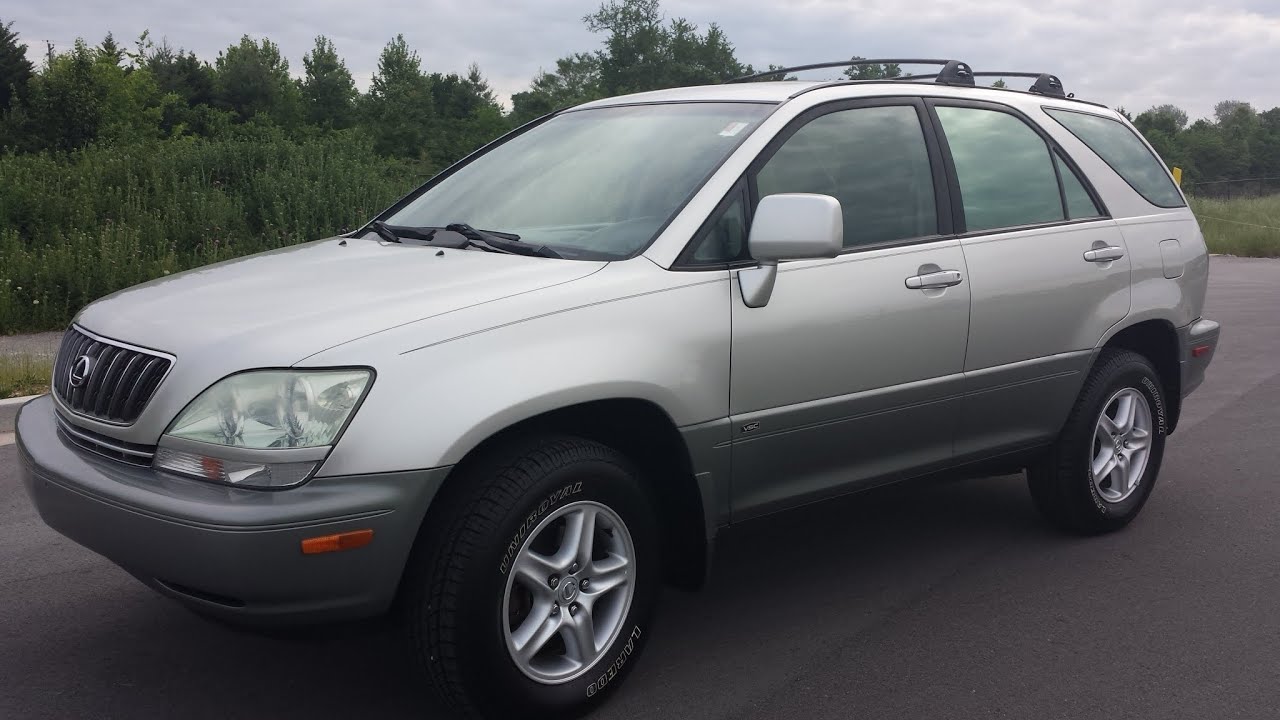Around 17.2 million cars were sold in 2017.
In most cases, it is illegal to sell your car without a title. You will need to get a new one without transferring ownership.
You may not, however, possess a title for your vehicle. It could have gotten lost or stolen, or you may have acquired a vehicle that was abandoned on your property.
You may not have a title because your state does not require one for vehicles as old as your car. Or your lender may be in possession of it because of unpaid bills.
Selling a car without a title may be easier than you think. If you have a car without a title that you need to unload quickly, check out these tips for a speedy, efficient sale.

1. If You Never Had a Title
If you never had a title for your car, you will need to get one before transferring ownership. Make sure you track down the bill of sale from when you purchased it.
Check with your local DMV to find out which documents your state accepts as proof of ownership. You may also need your driver's license and your car's Vehicle Identification Number (VIN.)
You will be required to supply a sworn affidavit attesting that you are, in fact, the owner of your vehicle. Your state may also require written proof from a certified inspector that your car is in good working order.
Check with your state's DMV website for more information.
2. If You Lost Your Title
If you lost your title, or if it got stolen, visit your local DMV's website for information on how to get a new one. You can get details about what paperwork will be required, and what the fees are.
In most cases, it is reasonable to get your title replaced. It can cost anywhere from $10 to $80, depending upon your state and vehicle type. Bear in mind that if the odometer reading or any other part of the title has gotten altered, it will not get recognized by the DMV.
Many states have a “lost title” section on their websites since it is a common problem. Some states also have satellite title and tag locations. You may even have a DMV title department in your local courthouse.
You may be able to obtain your new title online and print it out. Or you can bring the paperwork to your local DMV title location.
Your DMV may prepare the title for you and send it to your home within a week or two. Some also offer on-the-spot printing for an extra fee. Check your state's DMV website to see if they offer this service.
You will need to bring your driver's license, registration, VIN, and other required documentation with you to the DMV. Call ahead of time so you are not stuck without the necessary paperwork.
If your state requires a pencil-rubbing or photo of your VIN, look for it on your driver's side dashboard. Your state may also require you to fill out an odometer disclosure form.
Before transferring your title, you will need to complete a bill of sale. Many states have templates for this on their websites. Keep a copy for yourself.

3. In-Between Time
Some states allow buyers to request a temporary permit that allows them to operate a vehicle while waiting for a duplicate title.
In other states, the seller may need to fill out a transfer-of-ownership form. This allows the new owner to take possession of the car before the new title arrives.
You will still need to apply for a new title, as a transfer of ownership will just allow the new owner to drive the car before the new title is delivered.
Some states have alternate titling options available. You may, for example, be able to file a mechanic's lien for unpaid bills if you provide the proper documentation.
You may also be able to file an abandoned vehicle title. In these cases, the state will use your vehicle's VIN number to track down the last known owner. This individual will be given the first right of refusal.
For details about title transfer transition times, call or visit your local DMV.
4. If Your Car is Title-Exempt
If your car is over ten or fifteen years old, you may not have a title because your state does not require one for vehicles this age. This gets known as a title exemption. In these cases, you will need a bill of sale to transfer ownership.
Check your state's DMV websites regarding a bill of sale. Some states will require a state form, which you can either print out or pick up at your local DMV.
You will need to enter details such as your vehicle's year, make, model, sale price, and VIN. The bill of sale should get signed by both the buyer and seller.
In some states, you may need to fill out a title exempt form before completing the bill of sale. You may need to fill out additional paperwork to register an old vehicle.
You may also need to complete a transfer-of-ownership form. Some states require a certificate of inspection from a state-approved inspector. Check your DMV's website for details.
Getting your bill of sale notarized makes things more official. It may also make it easier for your buyer to apply for a new title in their state.
Check online for local banks or parcel-shipping centers that offer notary services. Go there with your buyer, and sign the bill of sale together.
If your buyer comes from a different state that does title older cars, things could get a little tricky. You may need to supply an affidavit attesting that you were the previous owner or a copy of your car's registration.
Before completing the transaction, ask your buyer to check their state's policy for registering an untitled vehicle that's title-exempt in another state.

5. If You Owe Money On Your Vehicle
If you don't have a title because you owe payments for your vehicle, be upfront with your buyer and let them know why you don't have a title. You may need to pay off the note before your lender releases the title.
Contact your lender to find out how much you owe. You may need to pay the difference between what you owe and what your buyer is willing to spend.
You may also be able to arrange a transfer through your lender if your buyer is willing to pick up your payments. Have the lender explain the process to your buyer directly if they are uneasy.
If you are selling your car to a dealership instead of an individual, your dealership will handle the title-clearing process. They will contact your lender for you and manage the details.
If your buyer is still insecure about the process, you may wish to set up an escrow account. Ask your teller about it the next time you are at the bank or set the account up online.
Your bank will oversee the escrow account. They will manage the money and release the funds at agreed-upon checkpoints in the sale agreement. An escrow account will guarantee that your buyer can get their money back if they are not happy after the transaction.
After your buyer has paid off the balance, ask your lender for a written statement that the loan has gotten paid in full.
Be sure to keep all paperwork relating to an ownership transfer. You do not want to get held responsible for anything that could happen to the car in the future. If an accident happens and ownership questions arise, you will want to have paperwork that you can send directly to your insurance company.
“Junking” Your Car
Another way to get rid of a car without a title is to sell it to a car-part dealer. If your intention is not to drive your car again, you can sell it to one of these dealers for instant cash.
When you junk your car, you will not need to worry about cleaning it or filing for any necessary repairs. And you will not need to obtain a duplicate title.

Selling A Car Without A Title
Selling a car without a title may not be as difficult as you think. With careful attention to paperwork, you can sell your car without a title in no time.
For more information on selling your car with no title for cash, read our blog today.




